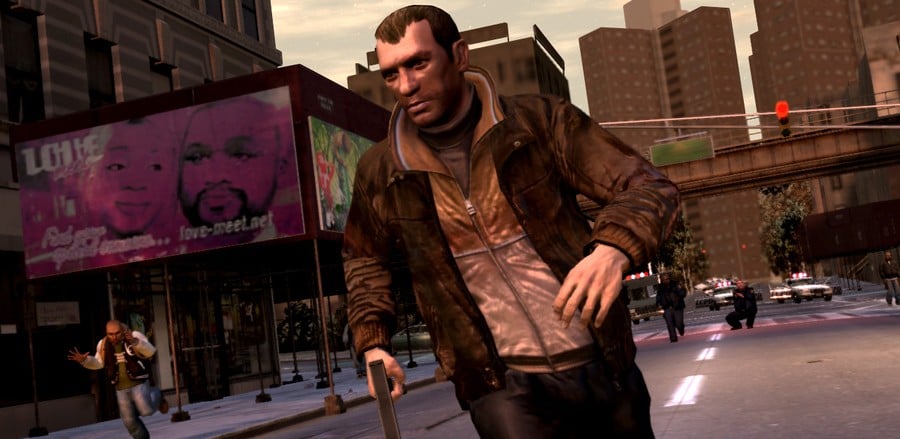
Grand Theft Auto IV is the undisputed king of the open world crime drama, but it’s not perfect. The game’s vibrant city setting and unorthodox cast set it apart from the genre’s many pretenders, but also help to hide its numerous gameplay flaws. The recently released Sleeping Dogs may not be able to topple its progenitor’s most prominent assets, but it does set a new precedent for gameplay expectations; it’s a strength that Rockstar Games should be paying particular attention to.
Since their inception, sandbox games have relied upon variety. The genre’s staple is its ability to merge disparate mechanics into a cohesive whole. But it’s rare for those individual ideas to provide an experience comparable to a dedicated game; Sleeping Dogs changes that.
Protagonist Wei Shen’s jaunt through Hong Kong’s seedy underbelly may be shadowed by criticisms pertaining to its predictable format, but it offsets any claims of unoriginality through layers of affectionately applied polish. The racing mechanics are arguably comparable to a Need for Speed game, the shooting is as solid as an Uncharted title, and the hand-to-hand combat eclipses anything that the genre has attempted before.
Contrast that to Grand Theft Auto IV – where the vehicles handle like horse-drawn carriages and the shooting relies on a hearty helping of auto-aim to rectify its imprecision – and it’s clear that Sleeping Dogs has pushed the genre forward.

There are other more mechanical areas where Sleeping Dogs trumps its adversary, too. Sprinting is no longer hampered by the laborious International Track & Field button-mashing of Grand Theft Auto IV, and checkpoints are much more fairly spread throughout the game’s campaign. Granted, Rockstar’s big-budget expansion packs – particularly The Ballad of Gay Tony – endeavoured to alleviate those issues, but they still came up short when compared to more modern releases. Even the exceptional Red Dead Redemption suffered from frustratingly punishing checkpoints which accentuated the weaknesses in its gameplay.
Rockstar’s brilliance perhaps stems from its arrogance and its unwillingness to pander towards industry expectations, but there comes a point where it needs to step outside of its bubble and acknowledge the souring perceptions around it. The controls in Grand Theft Auto IV are sloppy, but the developer’s shown little desire to rectify them in subsequent titles such as Red Dead Redemption and L.A. Noire.
Indeed, the haughtiness that seems to imbue Rockstar’s corporate persona can be a double-edged sword. It shows a company willing to push the medium forward, but reluctant to address the basic gameplay issues that plague its output.
Picture the same morally ambiguous narratives and satirical sandboxes with gameplay that attains the same high standards
Some would argue that its stubborn attitude isn't really a problem. After all, Metacritic data paints Grand Theft Auto IV as the best PlayStation 3 game of all time. Red Dead Redemption – which followed two years later – is not far behind. Both games succumb to the same frustrating control and design complaints highlighted in this article.
But that’s exactly why the developer should be paying much closer attention to its fans, critics, and the industry in general. Rockstar’s back catalogue is staggering, but there’s still so much room for improvement. Picture the same morally ambiguous narratives and satirical sandboxes with gameplay that attains the same high standards, and you could have something spectacular.
Sleeping Dogs casts a spotlight on the ugly parts of Grand Theft Auto IV. It might not be a better game, but it’s certainly a slicker one. Rockstar needs to approach Grand Theft Auto V with its eyes wide open, or risk producing a relic in a genre it pioneered.





Comments 3
You make some good points. I have grown tired of the GTA franchise as of late. It's all the same thing, gets boring for me. The demo for sleeping dogs was super fun, but that's all I played. It was enough to make me want it, but not enough to make me buy it instantly.
Great read Sammy and I 100% agree. I really feel that SD raised the bar when it comes to game play in these kinda games.
Yes bought this game after review came out and its awesome wish you could get money bybeating up people likegrand theft
Show Comments
Leave A Comment
Hold on there, you need to login to post a comment...